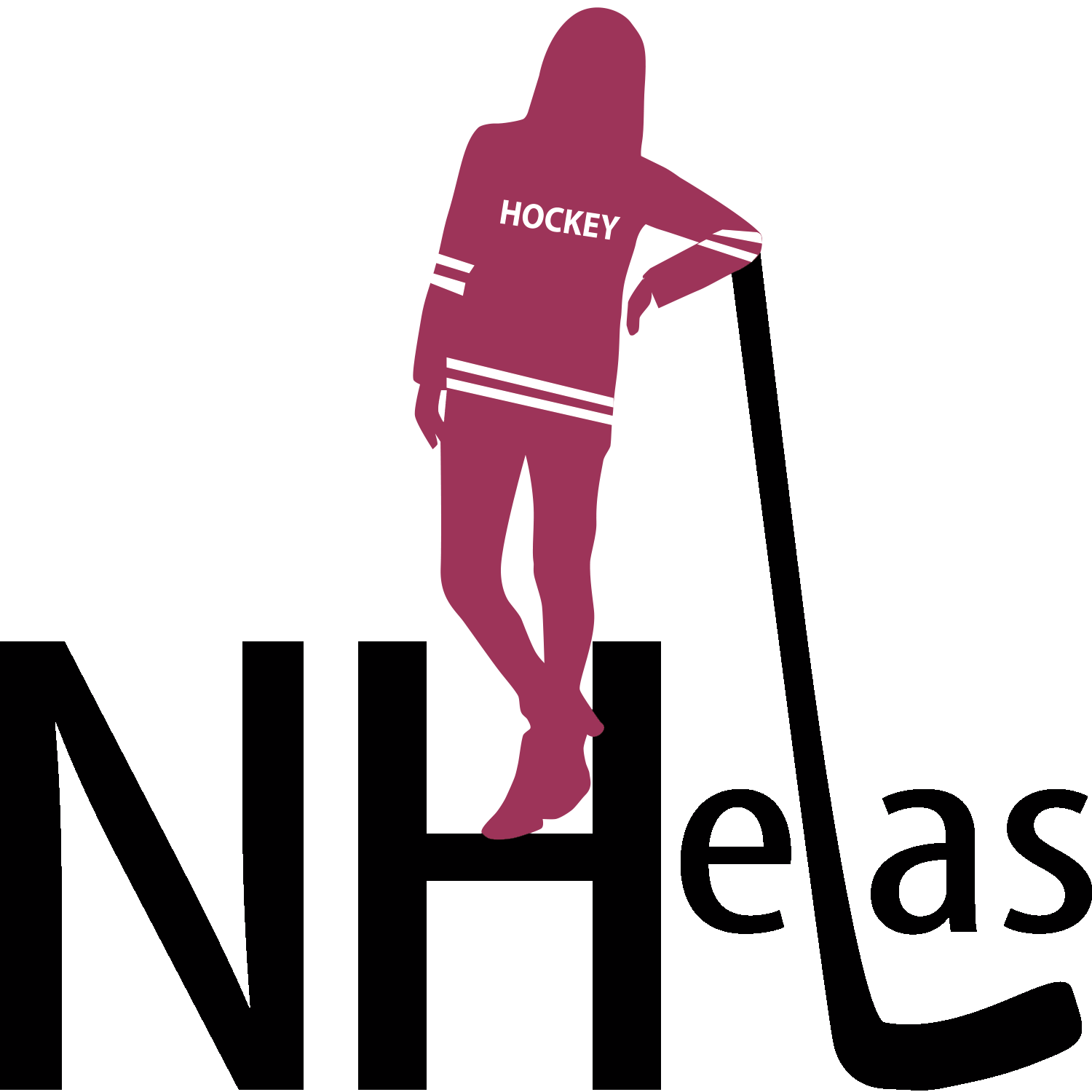Sobre Mulheres no Esporte
Share

(English version below)
Quando Manon Rhéaume participou de uma partida de pré-temporada pelo Tampa Bay Lightning, em 1992, nenhuma das integrantes do NHeLas havia nascido. Isso significa que durante todas as nossas vidas, embora tenhamos visto jogadoras históricas e equipes multicampeãs disputarem partidas pelo hockey feminino, nunca pudemos ver mulheres em ação na NHL de fato. Neste meio tempo, passos importantes foram tomados, como o retorno da modalidade às Olimpíadas, o fortalecimento do hockey universitário e a criação de ligas próprias, que culminaram na National Women’s Hockey League (NWHL). No entanto, mesmo assim, os holofotes só se viravam para essas jogadoras a cada quatro anos.
Entretanto, este abismo entre a exposição do esporte feminino versus a modalidade masculina não é uma exclusividade do hockey. Afinal, quantas vezes você do Brasil ouviu que o futebol feminino não era legal ou que não fornecia tanto entretenimento quanto o masculino? E o curioso é que isso não se estende apenas ao lado atlético do esporte em si. Cada vez mais temos notícias de mulheres ocupando cargos em organizações esportivas. Como exemplo, podemos citar general managers, técnicas, árbitras e até mesmo a presidente do Comitê Olímpico das Olimpíadas de Tóquio.
Só que quando trazemos a discussão para nosso querido esporte no gelo, ficamos de mãos abanando quanto a exemplos de mulheres em posições de liderança. Afinal, o hockey (e sejamos honestos, a NHL também) tem um péssimo hábito de reciclar os mesmos quarenta homens brancos de meia-idade (ou idade avançada, a depender da organização) para as posições de GM, por exemplo. Embora a Liga pregue a inclusão e a diversidade com o Hockey is for Everyone, a realidade no dia-a-dia não condiz com essa campanha.
Além disso, o machismo não se limita apenas às equipes e organizações envolvidas no esporte. Alguns anos atrás tivemos o caso envolvendo a jornalista Kathryn Tappen. Ela foi vítima de comentários sexistas por parte do então companheiro de emissora, o ex-jogador Jeremy Roenick. Mulheres envolvidas na cobertura jornalística do esporte também são vítimas de comentários misóginos disfarçados de críticas construtivas e, acima de tudo, vivem situações de mansplaining o tempo todo.
Parece que todo dia precisamos justificar nosso valor enquanto formadoras de opinião sobre o esporte com uma estatística obscura diferente e, caso não saibamos a resposta de algo, apontam o dedo na nossa cara para falar que só gostamos do esporte porque achamos fulano ou ciclano bonito. Qual é a diferença de começar a gostar do esporte por causa de um filme/desenho da Disney ou de um livro de romance? Isso mesmo, nenhuma.
Por isso, neste Dia Internacional da Mulher, ao invés de oferecer flores e chocolates, APOIE MULHERES NO ESPORTE. Sejam elas atletas, executivas, técnicas, árbitras ou jornalistas. E por favor, sem mansplaining. Se quisermos a sua opinião, nós vamos perguntar.
About Women in Sports
When Manon Rhéaume took part in a Tampa Bay Lightning preseason game in 1992, none of the NHeLas integrants had been born yet. This means that, throughout our entire lives, though we have seen historical players and very successful teams play women’s hockey, we were never able to see women in action in the NHL itself. Even though important steps were taken in the meantime, like the return of the sport to the Olympics, the growth of college hockey and the creation of new leagues — which eventually culminated in the National Women’s Hockey League (NWHL) —, the spotlight would turn to these players only every four years.
However, the gap between the exposition of women’s sports vs. their men’s counterparts is not something exclusive to hockey. After all, how many times did we, as Brazilians, hear that women’s soccer wasn’t as fun or as entertaining as the men’s game? And it’s rather curious that this is not something that extends itself only to the athletic side of the sport. More and more there have been news of women in positions within sports organizations, such as general managers, coaches, referees and even the Olympic Committee president for the Tokyo Olympics.
Still, when we bring the discussion to our beloved ice sport, our hands are empty as far as examples of women in leadership positions go. After all, hockey (and let’s be real, the NHL) has this terrible habit of recycling the same forty white middle-aged (or elderly, depending on the organization) men for the GM spots, for example. Though the league preaches inclusion and diversity with its Hockey is for Everyone slogan, reality on a day-to-day basis does not live up to this campaign.
Moreover, sexism is not limited to the teams and the organizations surrounding the sport. A few years ago we had the situation involving journalist Kathryn Tappen, who was the victim of sexist comments made about her by her then co-worker, and former professional hockey player, Jeremy Roenick. Women involved in covering the sport are also victims of misogynistic comments disguised as constructive criticism and, above all, experience mansplaining all the time.
It seems like every single day we have to justify our value as opinion leaders in the sport with some new and obscure stat and, in case we don’t have the answer to something, a finger gets pointed to our face to say that we only like the sport because we think player X or Y is hot. What’s the difference about starting to follow the sport because of a Disney movie/cartoon or a romance book? That’s right, none.
That’s why, on this International Women’s Day, instead of offering flowers and chocolates, SUPPORT WOMEN IN SPORTS. Whether they are athletes, executives, coaches, referees or journalists. And please, no mansplaining. If we want your opinion, we’ll ask.

